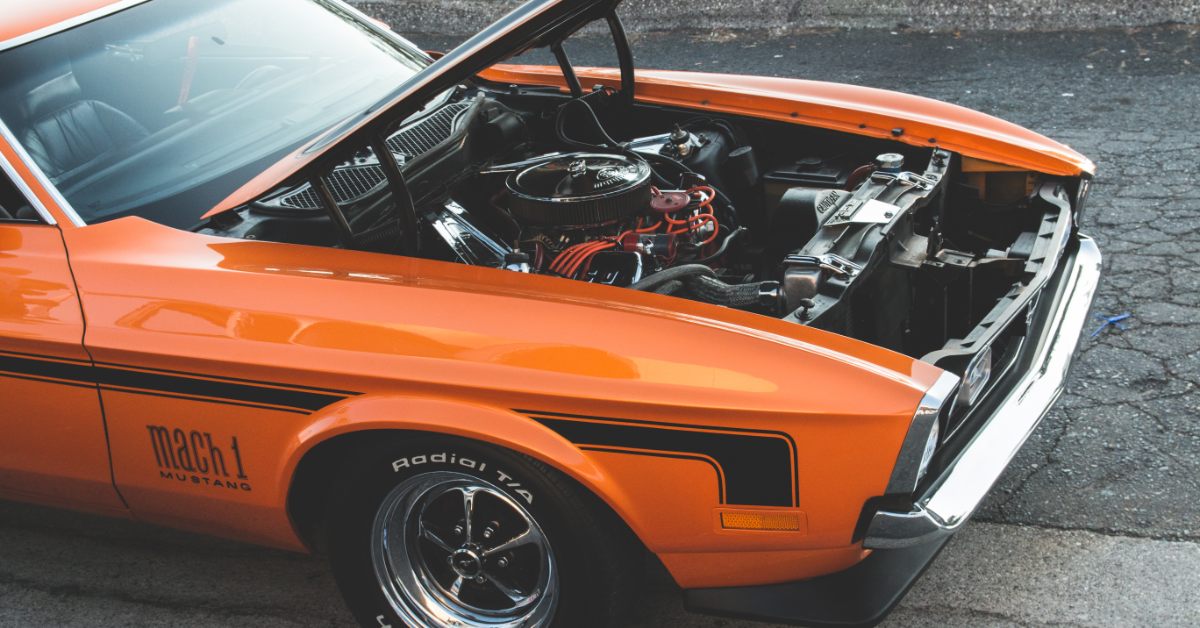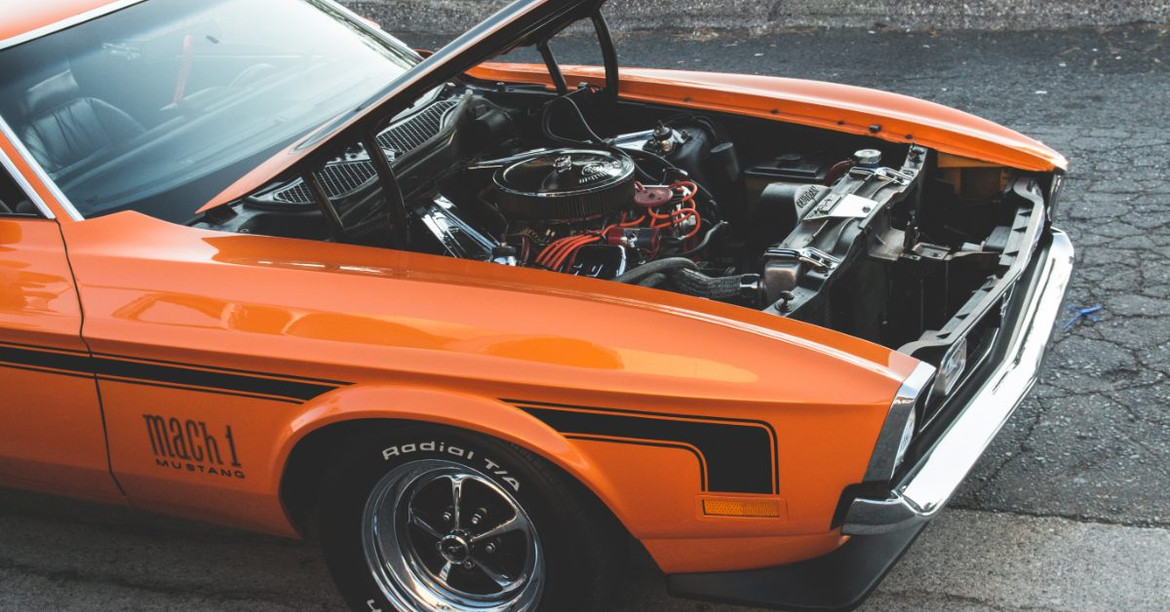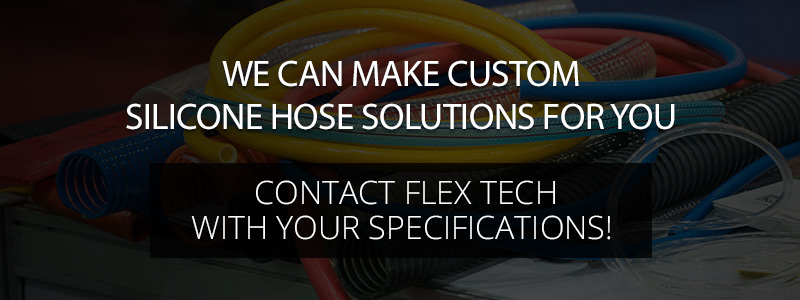
Car and truck engines are complicated machines. They’ve revolutionized the way humans live, creating both positive and negative effects we have to deal with.
For example, with access to a car, we can drive across town or across the country, so long as the vehicle is serviced routinely and we can pay for the fuel that the car’s engine needs to run.
Our use of cars and trucks, though, has heightened air pollution and given us other headaches, from the stress of driving in high-traffic regions to the dependence we have on our cars for getting to work and other places.
You could say everything has both good and not so good to it! Vehicles may be a mixed blessing, but they are a big part of our current reality, and understanding more about how to keep them running is something most of us need to get better at.
To that end, we at Flex Tech want to dedicate today’s blog to covering five important things people need to know about the cars they drive. For some, these things may be basic; for others, they may be eye-opening. Read on to expand your knowledge of car and truck engines!
They Get Pretty Hot
An engine creates the power to actually propel your vehicle forward. Creating this energy takes a lot of work!
So where does this power come from? To oversimplify the situation, here’s how power is created inside your engine:
- An air-fuel mixture is drawn into the combustion chamber.
- The intake valves close, and the air-fuel mix is compressed.
- The spark plug fires and the resulting small explosion pushes a piston down.
- The piston pushes out the exhaust gases.
Granted, this is a high-level look at traditional engines, and overall, engine designs have evolved significantly over the years, but this basic concept still helps us all understand how engines create power.
This power is then transferred to your vehicle’s wheels to get the whole assembly moving! And as you can expect, with compression and explosions happening inside your engine, it gets pretty hot in there. If this heat isn’t dissipated and the different components under the hood aren’t properly cooled down, your engine could burn up.
Oil Is Essential To Keep Your Engine From Burning Up
It all happens without us noticing, but parts move quickly inside an engine. Metal pieces move and rub against each other. Explosions happen, force and speed are being utilized in a pretty intense way, and the environment inside the engine could be referred to as extreme.
For these reasons, it’s important that you add the right amount and type of oil to your engine to keep everything well lubricated. Not only does oil reduce the friction present inside an engine, it also serves to dissipate heat and keep parts from overheating.
Internal Combustion Engines Come In Many Different Types
The basic, fundamental design may be about the same across different engine types, but in practice, different kinds of internal combustion engines exist.
We want to list a few of them for you here:
- Atkinson-Cycle: Valve timing is adjusted for greater engine efficiency.
- Turbocharged: Delivers the right mix of power and efficiency on an as-needed basis.
- Supercharged: Works similarly to turbocharged engines.
- Diesel: Designed for fuel efficiency and easier maintenance.
As you can see, each engine type evolved over a need for something, whether it’s greater efficiency, more power when you need it, improved mileage, or another reason. A good mechanic will understand what’s under your vehicle’s hood; if you want to learn more about your engine for yourself, take a course, or ask your mechanic to share some basic information that could help you in the future.
The Drive Shaft Transfers Power From Your Engine To The Wheels
So how does this power that’s created in your engine transform into forward motion for your vehicle? The power generated by your engine is transferred mechanically to your drive shaft. This is a long steel pole that runs the length of your vehicle and turns as the engine creates energy. This turning motion is then transferred to your wheels, causing them to spin and move your vehicle forward (or backward when you’re in reverse mode).
Water-Cooled Engines Are Cooler Than Air-Cooled Ones
From car engines to motorcycle and lawn mower engines, cooling is vital, as we mentioned earlier in this blog. How things get cooled will differ from one design to the next.
Basically, though, an engine is water-cooled, air-cooled, or a combination of the two.
In a water-cooled engine, a water pump circulates liquid throughout the different regions to help transfer heat away from where it’s being created. With air cooling, air naturally flows through a filter and into cylinders.
It’s not uncommon for both water and air cooling to be utilized in an engine to maximize cooling efforts and keep parts from overheating.
Why Flex Tech Is A Great Resource For Your Car Engine Needs
Are you modifying your car or truck engine? We at Flex Tech can help! Our custom silicone hose solutions are ideal for car enthusiasts who want to improve the performance, efficiency, or response of an engine.
What’s more, we have the technical teams in-house to help you! We can guide you to make sure you get the right coolant hoses to keep your engine from overheating or burning up. Whether you purchase standard silicone hose parts or you work closely with our designers for custom silicone tubing solutions that meet your specifications, we are here to help you.
Many people decide to work on their engines to achieve a range of results. Some want to cool it down for safety reasons. Others want more power, or quicker acceleration. Still others opt for greater fuel efficiency for improved mileage and cost savings at the pump. Whatever your reason for fine-tuning your car engine, know that we can help through our custom silicone hose solutions.
Before you move forward with your engine redesign, contact Flex Tech. We’ll work closely with you to make sure you get everything right. Reach out to us today!
 Default Currency
Default Currency
 Mexican Pesos
Mexican Pesos
 Canadian Dollar
Canadian Dollar



